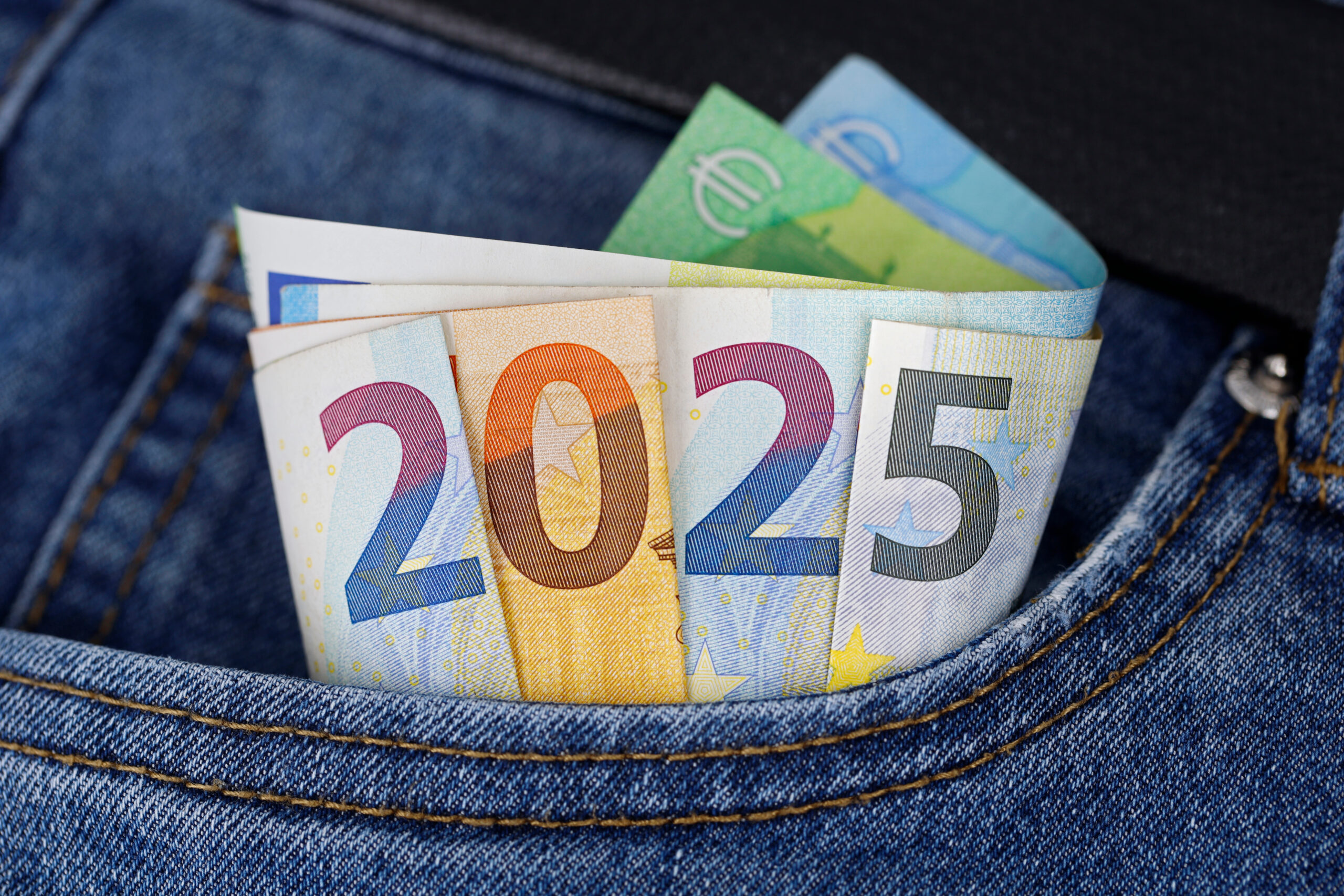
As we ring in 2025, it’s time to get up to speed on the latest tax changes. Whether you’re filing as an individual or a business, staying informed about new tax rules can save you money and reduce headaches. Here’s what’s new this year, explained in plain terms (because nobody has time for IRS jargon).
The standard deduction continues to rise to reflect inflation:
If you don’t itemize deductions, this increase means you’ll keep more income tax-free!
The tax brackets have shifted slightly upward again, giving taxpayers a little more breathing room before hitting higher rates. This is part of the annual inflation adjustment to ensure you’re not taxed more just because of rising costs.
Good news for savers! You can contribute more to your retirement accounts in 2025:
For IRAs, the limit increases to $7,000, with an extra $1,500 for those over 50.
The push for sustainability continues. Tax credits for home energy efficiency upgrades, such as installing solar panels, heat pumps, or energy-efficient windows, are still available and may now include additional qualifying expenses. Make your home greener and save green on your taxes!
The maximum expenses eligible for the Child and Dependent Care Credit remain high, but income thresholds for maximum benefits are adjusted slightly. Working parents, don’t forget to claim this valuable credit.
Gig workers and freelancers, take note! The IRS is enforcing stricter rules for income reporting. If you use payment platforms like Venmo, Cash App, or PayPal for your side hustle, they’ll issue 1099-K forms for transactions totaling $600 or more. Keep accurate records and don’t forget to deduct your business expenses!
For those planning their estates, the federal estate tax exemption rises to $13.85 million per individual. The annual gift tax exclusion also climbs to $18,500. Wealthy families should take advantage of these limits to minimize estate taxes.
Interest on student loans remains deductible for eligible borrowers, up to $2,500. With repayments now in full swing after the pandemic pause, this deduction can help reduce your taxable income.
The Clean Vehicle Tax Credit is still available, but new eligibility requirements based on battery sourcing and income limits apply. If you’re thinking about purchasing an electric vehicle, check the updated rules to ensure you qualify.
If you’re covered by a high-deductible health plan, you can save more tax-free:
Use your HSA to save for medical expenses while reducing your taxable income.
Taxes can be tricky, especially with new rules to consider. At Lanier Tax Relief, LLC, we specialize in helping taxpayers make sense of it all. Whether you’re navigating deductions, claiming credits, or just trying to avoid penalties, we’ve got your back. Let us handle the heavy lifting so you can focus on what really matters.
